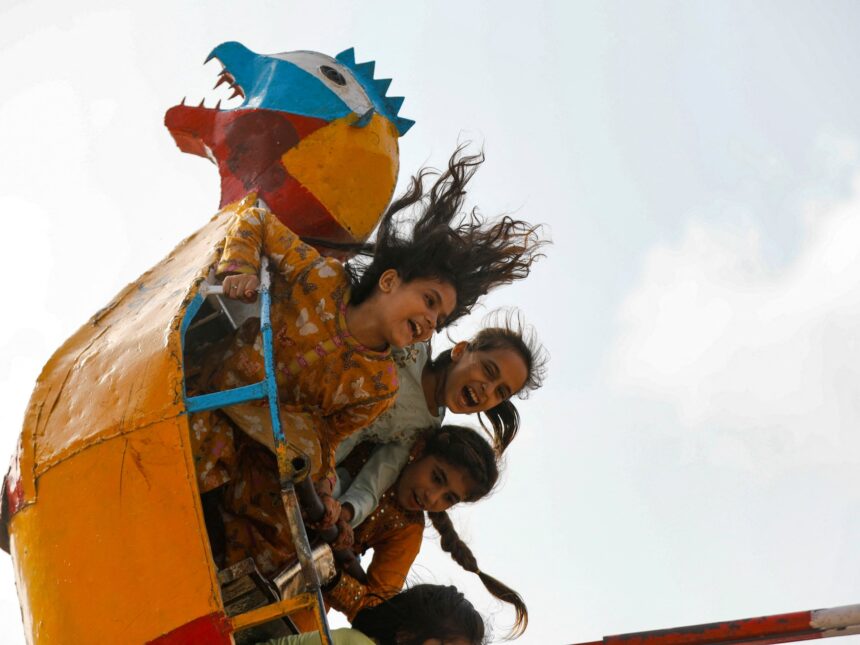Zuha Siddiqui is currently in the process of designing her new home in Karachi, mapping out her future life in Pakistan’s bustling metropolis.
Her parents will reside on the ground floor of the house, as they are aging and prefer not to deal with stairs, she explains.
On the other hand, Zuha will occupy the upstairs portion of the house, furnishing it according to her own tastes. Turning 30 recently, she is eager to have a space she can truly call her own, as she shared in a conversation with Al Jazeera over the phone.
Having worked as a journalist covering various topics such as technology, climate change, and labor in South Asia for the past five years, Zuha now works remotely, contributing to both local and international publications.
However, Zuha is part of a growing demographic in South Asia – young individuals who have made the choice not to have children.
South Asia is facing a demographic challenge as birth rates are declining across the region, a trend previously seen in the West and Far East Asian countries like Japan and South Korea.
To maintain current populations, a fertility rate of 2.1 children per woman is required, according to Ayo Wahlberg, a professor at the University of Copenhagen.
In countries like India, the birth rate has dropped significantly over the years, with projections showing a further decrease in the coming decades. Similar trends are observed in Nepal and Bangladesh as well.
Declining economic conditions play a significant role in the decision-making process for individuals like Zuha, who cite financial concerns as a primary reason for choosing not to have children.
Growing up in a financially unstable household, where planning for higher education was not a priority, Zuha and many of her peers in their 30s have opted out of parenthood due to economic uncertainties.
The instability in Pakistan’s economy, marked by high inflation, rising living costs, and mounting debt, further reinforces the decision of young people to forgo having children.
Similarly, in other South Asian countries, slow economic growth, inflation, job scarcities, and increasing debt burdens are contributing to a shift in attitudes towards starting families.
The pressure to work longer hours to meet financial needs leaves little time for personal lives or child-rearing responsibilities, prompting many couples to reconsider having children.
Societal expectations, particularly regarding gender roles in parenting, also play a role in shaping decisions about starting a family. Women like Mehreen from Karachi are conscious of the unequal burden placed on them in terms of childcare responsibilities.
Aside from financial and domestic concerns, the looming threat of climate change and environmental degradation adds another layer of complexity to the decision of whether or not to have children.
The fear of bringing children into a world plagued by environmental crises, such as pollution and climate-related disasters, weighs heavily on the minds of many South Asians, further influencing their choice to remain childfree.
Authors and researchers have highlighted the challenges of parenting in a climate-sensitive world, where anxieties about the future of the planet are increasingly shaping the decisions of young people.
Despite concerns about potential isolation in old age, individuals like Zuha are building strong support systems of friends who share similar values and beliefs. The idea of living in a communal setting with close friends is an appealing prospect for her.
While fears of growing old alone occasionally trouble her thoughts, Zuha finds solace in the reassurance of her friends, who promise to be there for her in the future.
Ultimately, the decision to not have children is a deeply personal one, influenced by a myriad of factors ranging from economic instability and environmental concerns to changing societal expectations and individual values.










